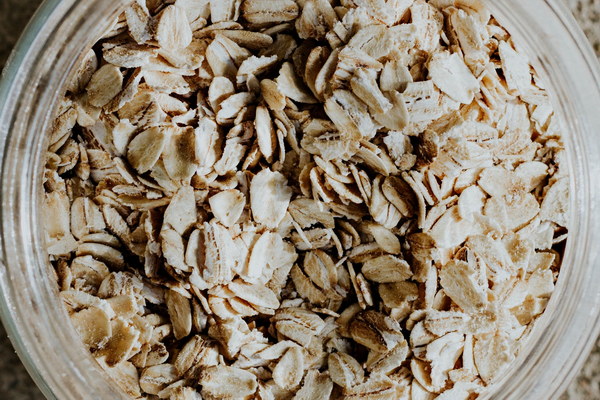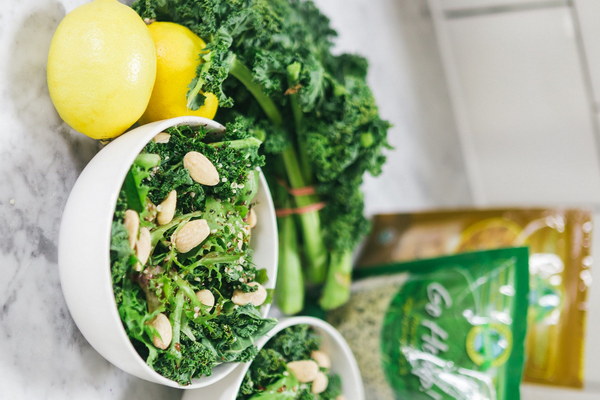Breath of Healing A Holistic Approach to Lung Nourishment and Toxin Elimination
In the ever-evolving landscape of health and wellness, the concept of Yang Fei Xiao Ji, or nourishing the lungs and eliminating accumulation, has gained significant traction among those seeking natural and holistic methods to improve their respiratory health. This ancient Chinese practice combines respiratory exercises, dietary adjustments, and mindfulness techniques to foster lung strength and purify the body from internal toxins. Let's delve into the intricacies of this practice and discover how it can benefit your overall well-being.
Understanding Yang Fei Xiao Ji
The term Yang Fei Xiao Ji is rooted in traditional Chinese medicine (TCM), where the lungs are considered the primary organ responsible for the exchange of oxygen and carbon dioxide, as well as for protecting the body against external pathogens. The concept of accumulation refers to the buildup of excess substances, such as mucus, phlegm, and other toxins, which can impede the proper functioning of the lungs and lead to respiratory issues.
Respiratory Exercises: The Core of Yang Fei Xiao Ji
At the heart of this practice are respiratory exercises designed to strengthen the lung capacity and improve oxygen intake. These exercises include:
1. Breathing Techniques: Deep breathing exercises, such as diaphragmatic breathing, help to expand lung capacity and increase oxygen flow throughout the body.
2. Qi Gong: A form of gentle exercise that incorporates breathing and movement, Qi Gong is known for its ability to enhance lung function and boost the immune system.
3. Tai Chi: This martial art is characterized by slow, deliberate movements that promote lung health and balance the body's energy flow.
Dietary Adjustments for Lung Nourishment
Nutrition plays a crucial role in Yang Fei Xiao Ji, with a focus on foods that nourish the lungs and aid in the elimination of toxins. Here are some dietary recommendations:
1. Fruits and Vegetables: High in vitamins and antioxidants, fruits and vegetables help to strengthen the lungs and support the immune system. Examples include apples, pears, carrots, and leafy greens.
2. Herbs and Spices: Herbs like ginger, turmeric, and garlic have anti-inflammatory properties that can help reduce lung inflammation and phlegm production.
3. Nuts and Seeds: Almonds, walnuts, and sunflower seeds are rich in omega-3 fatty acids, which can help to reduce inflammation in the lungs.
4. Stay Hydrated: Drinking plenty of water helps to thin mucus and make it easier to expel from the lungs.

Mindfulness and Stress Reduction
Stress can exacerbate respiratory conditions, so incorporating mindfulness practices into your daily routine can be beneficial. Here are a few suggestions:
1. Meditation: Mindfulness meditation can help calm the mind and reduce stress, which in turn can alleviate respiratory symptoms.
2. Yoga: Yoga combines physical postures with breathing exercises, promoting lung health and stress reduction.
3. Aromatherapy: Essential oils like eucalyptus, peppermint, and lavender can help open up the airways and reduce inflammation.
Conclusion
Yang Fei Xiao Ji is a multifaceted approach to lung health that combines physical, nutritional, and mental practices. By nourishing the lungs and eliminating accumulation, this holistic method can lead to improved respiratory function, a stronger immune system, and a greater sense of well-being. Whether you're dealing with chronic respiratory issues or simply looking to maintain optimal lung health, embracing the principles of Yang Fei Xiao Ji can be a transformative step towards a healthier life.








